1-800-982-4730
1-800-982-4730
Coffee is a popular beverage all over the world, and Japan is no exception. The country has a thriving coffee culture, with a wide range of coffee shops and cafes to choose from. However, if you're planning a trip to Japan and are wondering how much you can expect to pay for a cup of coffee, the answer is not so straightforward.
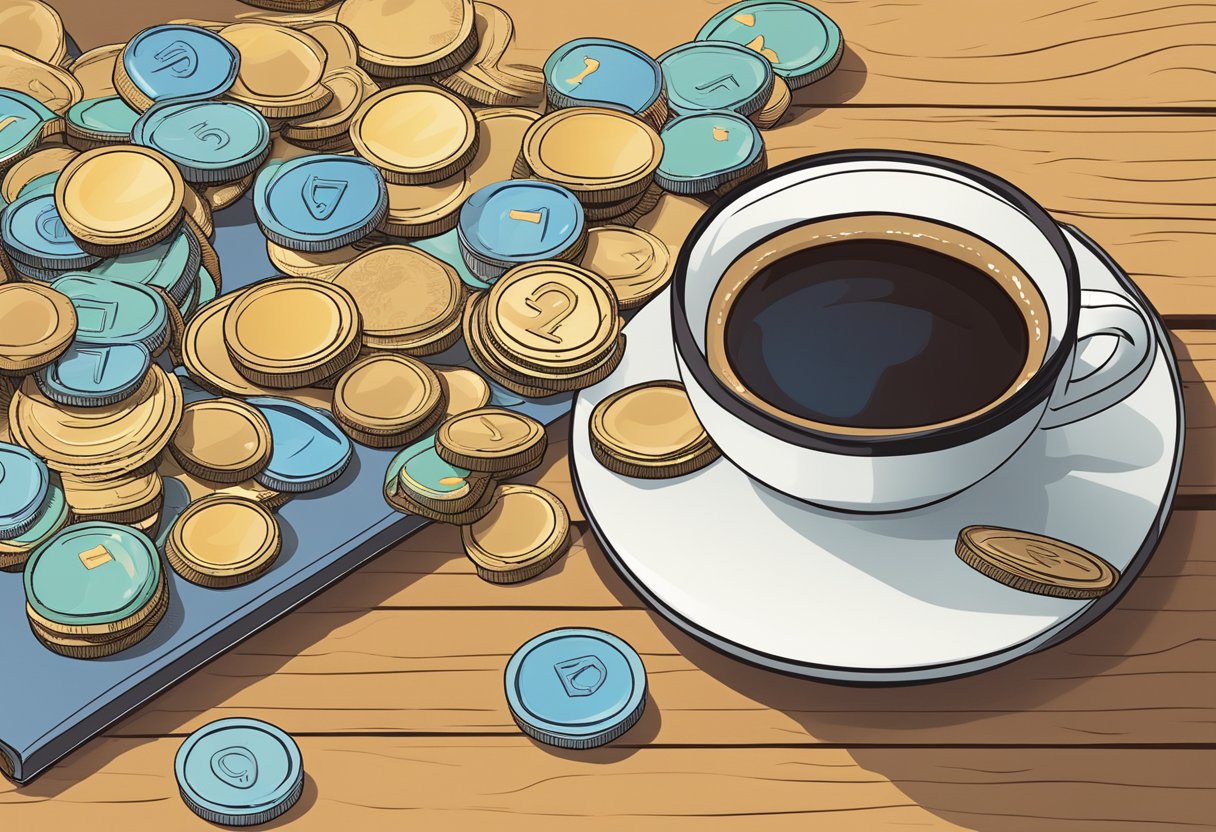
According to a recent search, the average cost of a cup of coffee in Japan varies depending on the location, type of coffee, and where you purchase it. Generally, you can expect to pay between ¥ 400 (US$ 2.70) and ¥ 1,500 (US$ 12.80) for a cup of coffee in a cafe or restaurant. However, if you're looking for a more high-end experience, prices can go up to ¥ 2,000 (US$ 17.10) or more for a cup of specialty coffee.
If you're on a budget, vending machines are a popular option in Japan, and you can find small cans of coffee for as little as ¥ 100 (US$ 0.85). Keep in mind that prices can also vary depending on the season, with prices tending to be higher during peak tourist times. Overall, while the cost of coffee in Japan can be higher than in some other countries, there are still plenty of options available for all budgets.
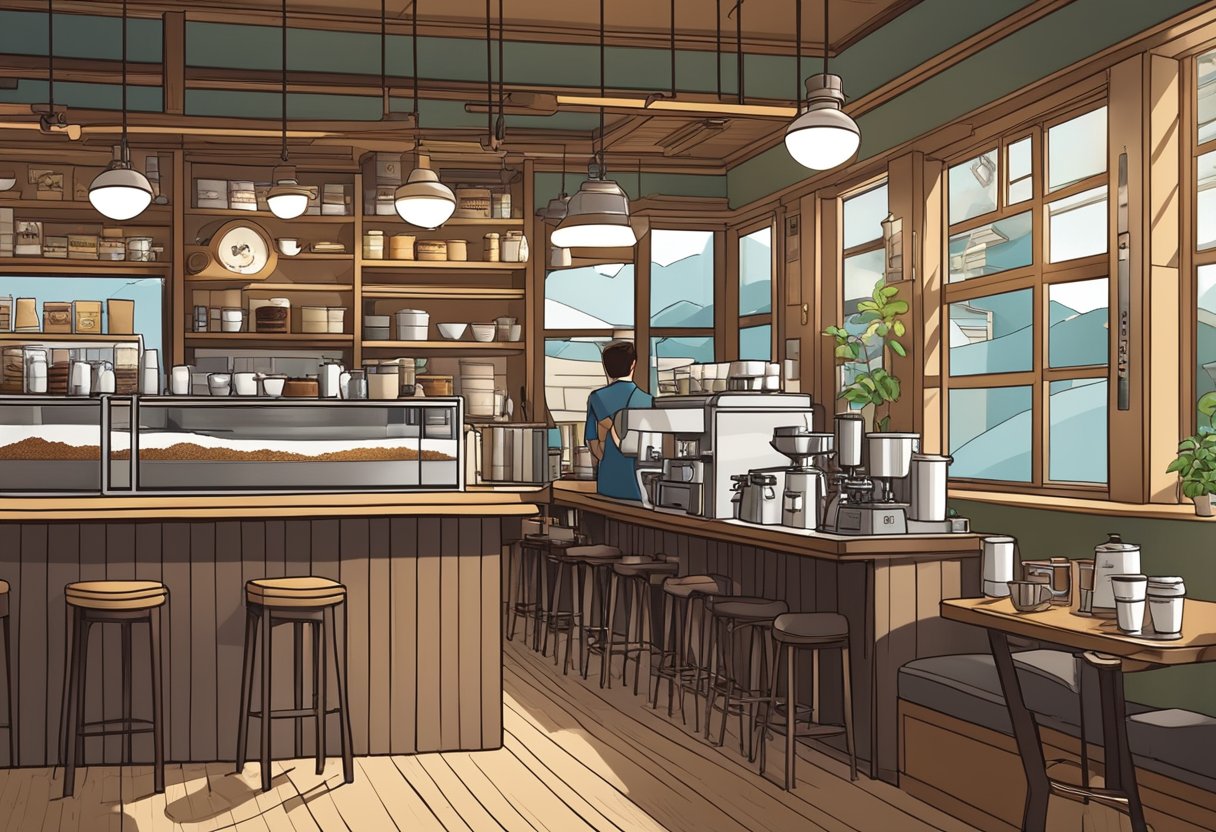
Japan has a unique coffee culture that dates back to the early 20th century. Although tea is still the most popular beverage in Japan, coffee has gained popularity over the years, especially among the younger generation. Japanese coffee lovers appreciate the taste and aroma of coffee, and they have developed a culture around it.
One of the unique features of Japanese coffee culture is the widespread availability of coffee vending machines. These machines can be found in almost every street corner, train station, and office building. They offer a variety of hot and cold coffee drinks, including drip coffee, canned coffee, and espresso. These vending machines are popular among coffee lovers who are always on the go and need a quick caffeine fix.
Another aspect of Japanese coffee culture is the emphasis on quality and presentation. Japanese baristas are highly skilled, and they take great pride in making the perfect cup of coffee. They use high-quality beans, and they pay attention to every detail, from the water temperature to the brewing time. Japanese coffee shops are also known for their stylish and modern designs, which create a relaxing and comfortable atmosphere for customers.
Despite the popularity of coffee, tea still holds a special place in Japanese culture. Green tea, in particular, is a staple of Japanese cuisine and is often served in traditional tea ceremonies. However, coffee has become a popular alternative to tea, especially among younger generations who prefer the taste and convenience of coffee.
In conclusion, Japanese coffee culture is a unique and thriving culture that has gained popularity over the years. With its emphasis on quality, convenience, and presentation, Japanese coffee shops and vending machines offer a wide variety of coffee drinks that cater to every taste. Whether you prefer a hot drip coffee or a cold canned coffee, Japan has something for everyone.
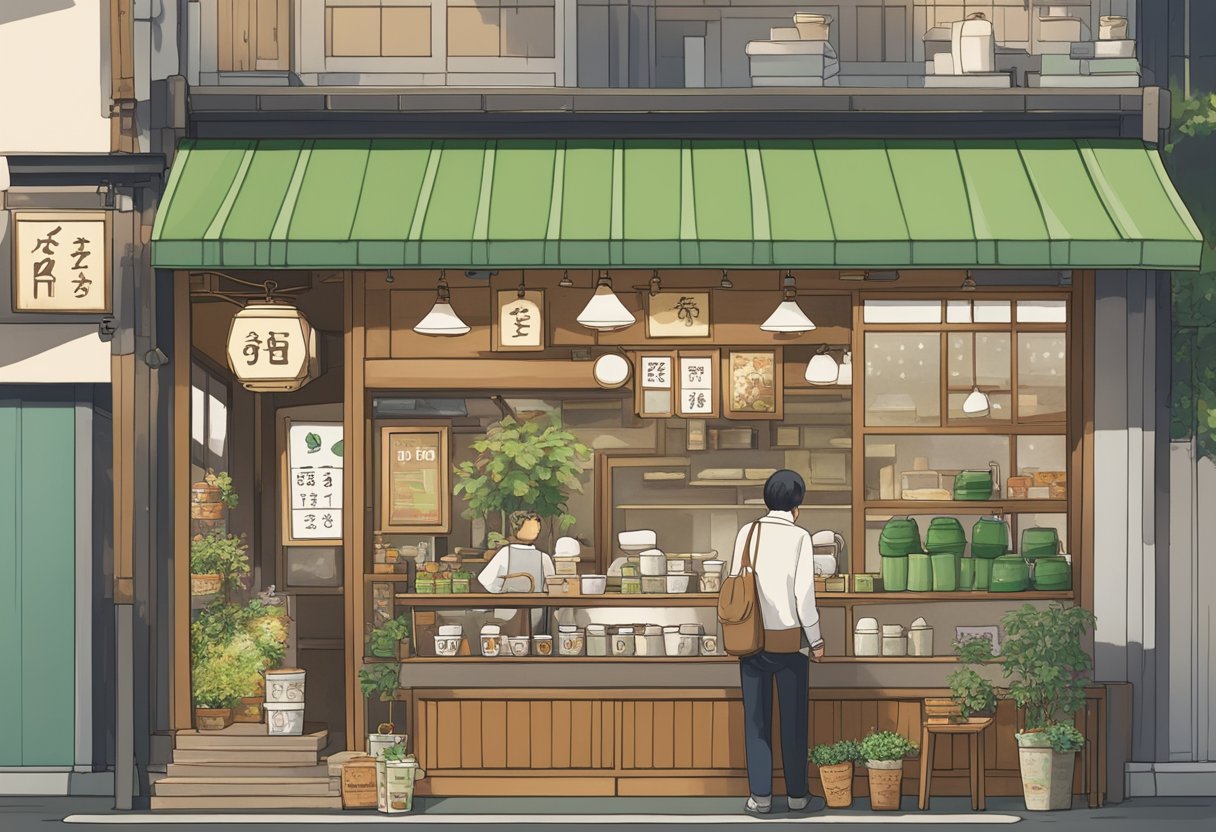
When it comes to coffee prices in Japan, there is a wide range of options available to consumers. From high-end coffee shops to convenience stores, the prices can vary greatly depending on the location and the type of coffee being purchased.
At Starbucks, one of the most popular coffee chains in Japan, a standard latte can cost around 450 yen. Doutor, another popular coffee chain, offers a similar price range for their coffee drinks. Pronto and Tully’s Coffee also offer similar prices.
Renoir and Excelsior are two higher-end coffee shops that offer a more luxurious coffee experience. At Renoir, a cappuccino can cost around 580 yen, while at Excelsior, a latte can cost around 500 yen.
For those on a budget, there are plenty of options available at supermarkets and convenience stores. Coffee prices at these locations can range from 100 yen to 300 yen, depending on the brand and type of coffee being purchased.
It is important to note that prices can vary depending on the location and the time of day. Some restaurants and cafes offer discounted prices during certain hours, while others may charge more for specialty drinks.
Overall, when comparing coffee prices across various venues in Japan, it is clear that there is a wide range of options available to consumers. Whether you are looking for a high-end coffee experience or a budget-friendly option, there is something for everyone.
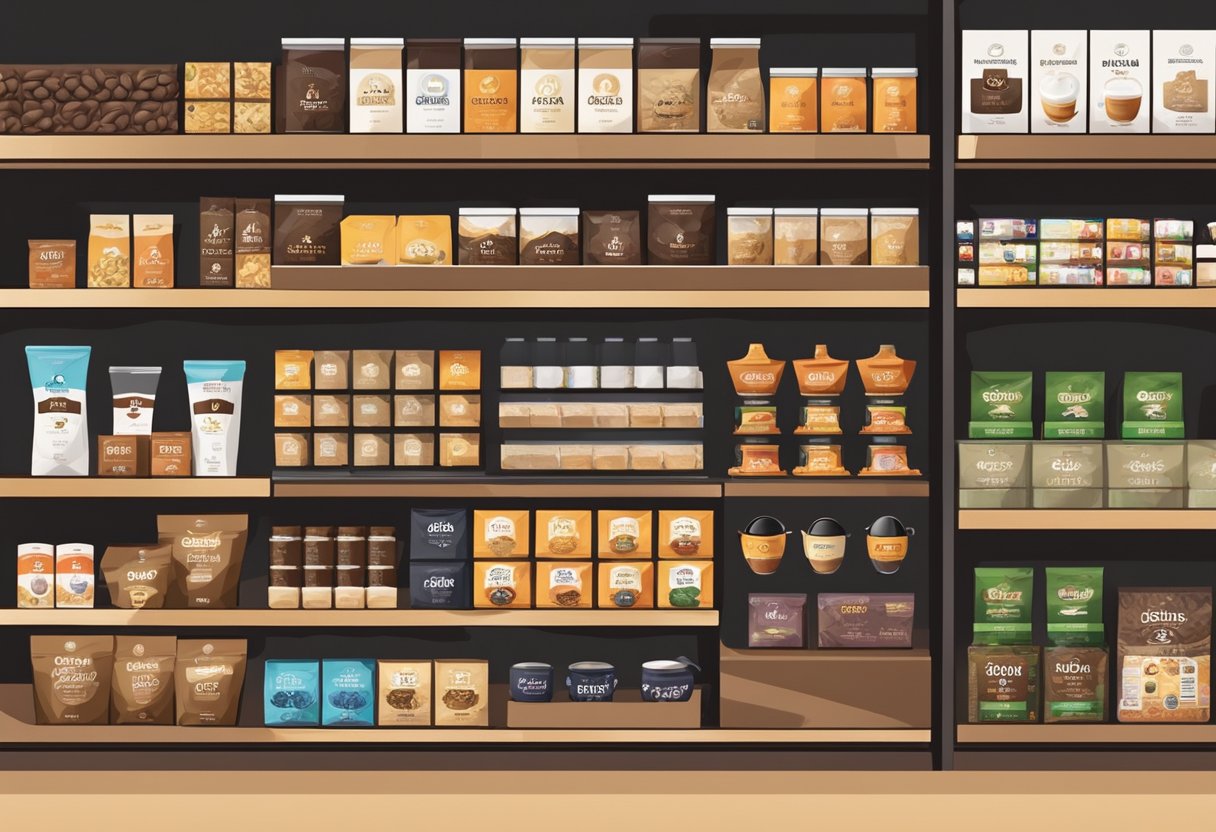
Japan has a rich coffee culture with a variety of popular coffee brands and products to choose from. Whether you're a coffee enthusiast or just enjoy a good cup of coffee, Japan has something for everyone.
Instant coffee is a popular choice in Japan, with brands like Nescafé and Nestlé offering a variety of options. Nescafé's Gold Blend and Nestlé's Blendy are two popular instant coffee options in Japan.
For those who prefer to grind their own coffee beans, Japan has a variety of options to choose from. Brazilian coffee beans are a popular choice, with their rich and bold flavor profile. The United States, Australia, and the United Kingdom also export high-quality coffee beans to Japan.
The price of coffee drinks in Japan can vary depending on the location and brand. Ready-to-drink coffee products are available in convenience stores and vending machines throughout Japan, with prices ranging from 100 to 200 yen. Specialty coffee shops may charge upwards of 500 yen for a cup of coffee.
Ready-to-drink coffee products are a popular choice in Japan, with brands like Wonda by Asahi and Suntory Boss offering a variety of options. These products are available in convenience stores and vending machines throughout Japan.
Japan is a major importer of coffee, with coffee exports decreasing by -5.25 percent between 2017 and 2019. The country imports coffee from a variety of countries, including Brazil, the United States, and Australia.
In conclusion, Japan offers a diverse range of coffee products to choose from, whether you prefer instant coffee, ready-to-drink products, or coffee beans. With a variety of popular brands and products available, there's something for every coffee lover in Japan.
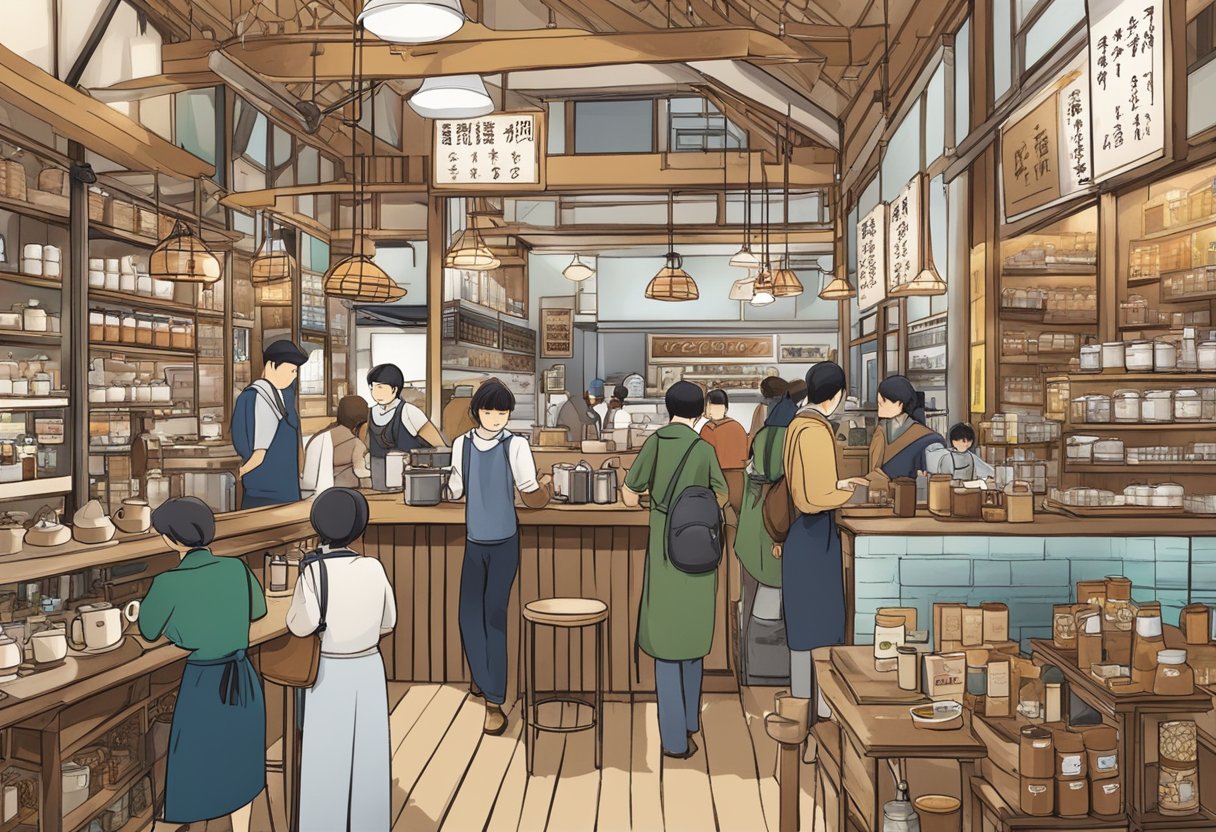
Japan's coffee market is expected to grow in the upcoming years, owing to the increasing demand from emerging economies and the growing population. The government is also investing in the future of coffee, which will help in the growth of the market. The coffee market is expected to register significant growth in the Asia-Pacific region.
The Tottori prefecture in Japan is known for its coffee production, and Ginza is one of the most popular places to enjoy coffee. The coffee market in Japan is expanding, and new coffee shops are opening up in different regions of the country.
With the advancement of technology, the coffee market in Japan is also moving towards online products. Many companies are using recommendation tools to suggest the best coffee to their customers. The use of databases and feedback from customers is also becoming popular in the coffee market.
The demand for beverages is increasing in Japan, and coffee is one of the most popular beverages in the country. The coffee market in Japan is becoming more diverse, with new flavors and types of coffee being introduced. Graphic designs are also being used to attract customers to different coffee shops.
In conclusion, the coffee market in Japan is expected to experience significant growth in the coming years. The government's investment in the future of coffee and the increasing demand from emerging economies and the growing population are some of the factors contributing to the growth of the market. The use of technology and the introduction of new flavors and types of coffee are also expected to drive the growth of the market.